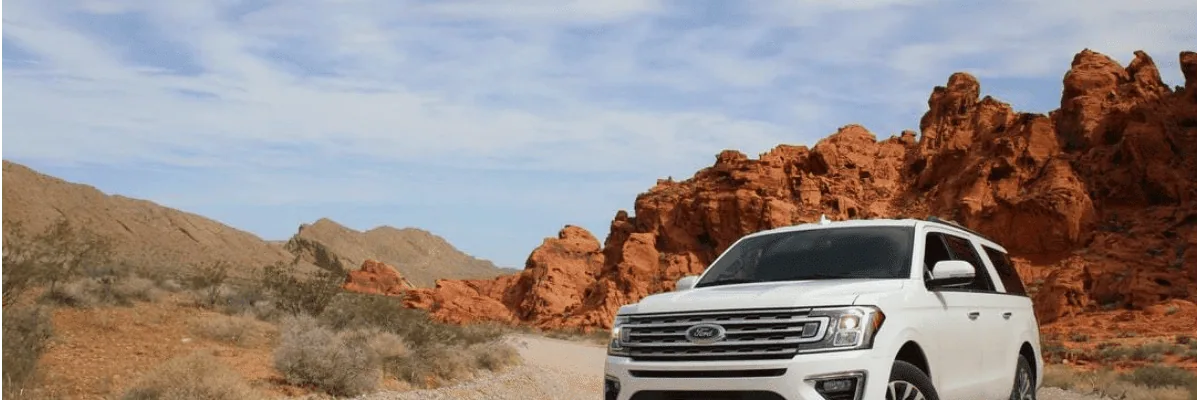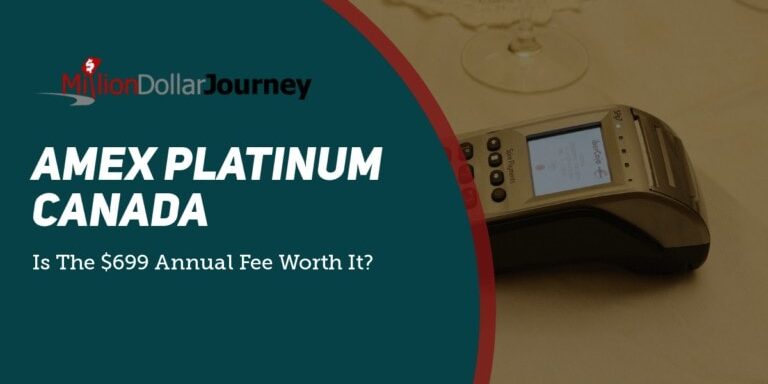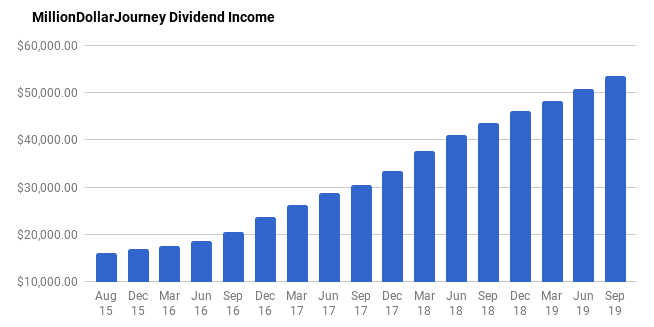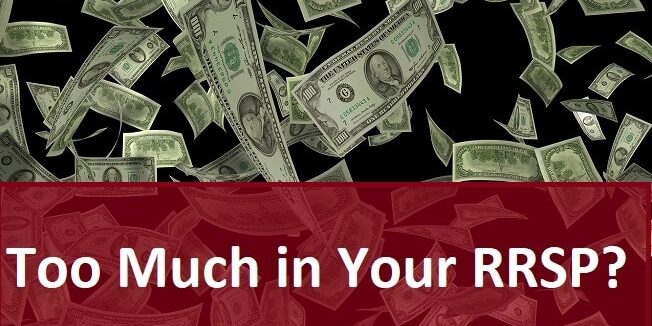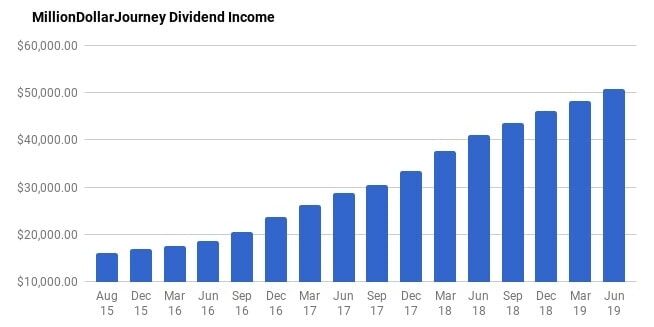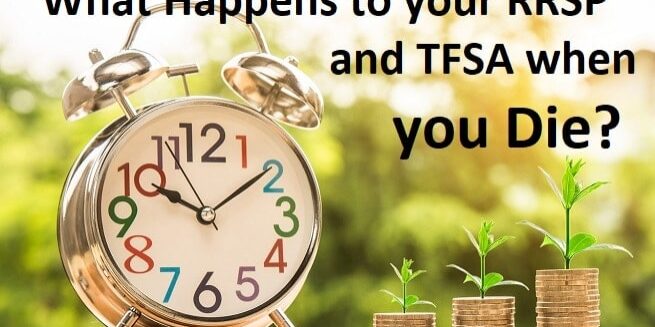Is Buying a New Vehicle a Bad Investment?
Purchasing a new vehicle means accessing the latest features and driving efficiencies available on the market. However, new vehicle models are typically more expensive to purchase, especially given that pandemic-related production shortages have increased demand and pricing.
A new vehicle also depreciates in value the moment you drive it off the lot, which has long earned it the reputation of a bad investment. One of the most important things to factor into your decision is your buying purpose.
Deciding whether you need a vehicle to get from point A to point B or to offer peak performance for years to come is a good place to start. If you’re planning on financing your purchase or trading your vehicle in after years of use, a new vehicle may be worth the investment.
But you also need to weigh the pros and cons of a new vehicle and its ongoing cost to insure.
Pros of Buying a New Vehicle
New vehicles come with the most recent technological capabilities, safety features, and fuel efficiency, granted you choose the latest model. Purchasing new also opens the door to financing incentives and government rebates. For example, receiving low-interest financing on a less popular, older model if you have good credit, or earning money back from the Government of Canada if you opt for a zero-emission vehicle (ZEV).
The big benefit of purchasing new is that you’re buying a vehicle with zero kilometers on it, which offers longevity, so you don’t have to worry about checking the VIN, history, and past damage. A new vehicle may mean less frequent maintenance in the beginning compared to a used vehicle, and has the benefit of a full-length warranty, as opposed to the remainder of a warranty from a used vehicle.
Cons of Buying a New Vehicle
Despite all the good a new vehicle can give you, there are some drawbacks. Used vehicle prices are (finally) starting to cool, restoring new vehicles as the more expensive option. You may still have some trouble getting your hands on your vehicle of choice with wait times for new models reaching up to a year.
And because a new vehicle starts to depreciate as soon as you drive it home, it’s going to have a lowered resale value. Beyond that, new vehicles can often be more expensive to insure because their advanced features make them more costly to repair and replace.
However, other factors can determine how much a vehicle can impact your auto insurance premium, like its likelihood of being stolen and its safety rating under the Canadian Loss Experience Automobile Rating (CLEAR) system. Whether new or used, it’s always best to compare auto insurance rates before buying a vehicle.
What Auto Insurance Coverage Do I Need for a New Vehicle?
If you drive a vehicle in Canada, you need basic auto insurance. However, new vehicles can benefit from additional, optional coverage beyond a standard auto policy.
Because new vehicles lose their value so quickly, you can add a depreciation waiver to your policy when you sign up for it, which can help you prolong your vehicle’s value. This waiver will ensure that in the event of a total loss, your insurance provider pays out the full value of the vehicle when you bought it, not its depreciated value.
If your new vehicle were to be wrecked beyond repair, for example, its replacement value would be equal to the price you paid for it, rather than its current market value.
Another way to protect your new vehicle is to tack on collision and/or comprehensive coverage, at least in your first few years of ownership. These coverages are optional but usually required if you lease or finance your new vehicle.
They’re best for newer, more expensive cars, as collision insurance covers any damage to your vehicle from a collision with another vehicle or object, while comprehensive insurance covers non-collision-related damage, like theft or vandalism.
However, once your vehicle has lowered significantly in value and you’ve reached the end of your depreciation endorsement period, it may be worth removing one of these coverages.
Should I Buy a New Vehicle?
Ultimately, what determines whether a new vehicle is a good or bad investment depends on how you intend on using it.
If you can afford the purchase and insurance costs, need a reliable vehicle long-term, and plan on trading it in down the road, it can be a wise decision. Otherwise, buying a nearly new, used vehicle is another great option. This can provide longevity and potentially shave off some dollars from your overall purchase while still limiting the amount of maintenance needed.
It’s also important to stay up to date with the auto market, as it’s seen unprecedented pricing and supply trends over the past two years that continue to fluctuate. Keeping this in mind can help you time your purchase right.
I've Completed My Million Dollar Journey. Let Me Guide You Through Yours!
Sign up below to get a copy of our free eBook: Can I Retire Yet?


